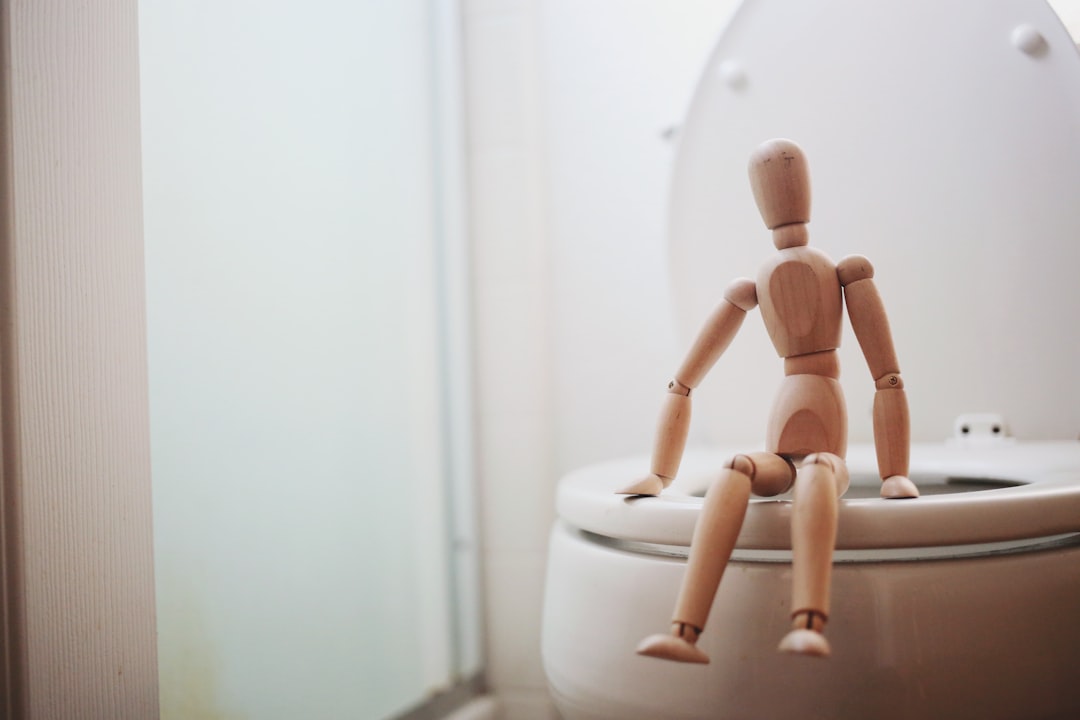Originally published in the Moultrie News.
I’ve heard that kids are starting to enter kindergarten without being potty trained. Can that possibly be true?
Apparently, yes. Sending kids to kindergarten still in diapers, while hardly the norm, is a growing trend.
We Are Teachers reports that at one school, teachers estimate 15-20 percent of their kindergarteners aren’t potty-trained, and a teacher at another school says that four of her first-graders are still in diapers or pull-ups. We Are Teachers says the issue is occurring across the country and is unrelated to students with physical or neurodevelopmental concerns.
Any child can have accidents, but deliberately sending kids to school untrained as some parents do would have been unfathomable just a few years ago.
The problem has gotten so bad in New York, that even prior to COVID, Buffalo teachers were calling for policies to mandate that children are toilet trained before attending kindergarten. That’s not unreasonable. Five years is plenty of time for kids to learn one of our most basic biological practices. Alas, another cultural shift is taking precedence: piling onto teachers the responsibilities of parents. So instead of sending untrained kids home for more preparation, teachers are responsible for changing diapers. How many prospective educators had that on their “Rigors of the Job” bingo card?
Teachers have posited a number of theories for the trend. These include overly permissive parenting philosophies. Many parents believe, “They’ll do it when they’re ready,” even about potty training. That philosophy might work with things humans are inclined to do (like talking), but it doesn’t always work with less natural habits. If you wait until a child is “ready” to clean up his toys, it’ll be a while. Toileting is similar because it’s an inconvenience; a child would rather keep chasing the dog than pause for a bathroom break.
Also, there’s an urgency to potty training. Teaching a child how to sit on a pot is the easy part, especially if you plop him there every hour. The tougher part is training him to know when he needs to use the bathroom and to manage that urge. The later this is accomplished, the more entrenched the child becomes in going when he feels like it, and thus the more challenging it is to break that habit.
Some teachers cite parental laziness as a theory. Parenting is difficult and time-consuming, and some parents slough off their responsibilities. In middle school, I’ve seen parents hire expensive tutors just to make sure kids do their homework as if it’s some great parental challenge. It’s not hard to envision parents finding it easier to change diapers than commit to the lengthy process of toilet training.
That relates to another theory: fear of conflict. Today’s kids have stronger wills than their parents. Parents have become terrified of children’s anger and tantrums. They take the child’s phone, the child throws a fit, and they give it back, just to keep the peace. Potty training is an even greater test of wills. Most children resist it, often with impressive outbursts, so parents concede the battle, hoping time will make the opponent more pliable.
Some teachers blame the problem on parental preoccupation with children’s happiness — not their long-range happiness, but their moment-by-moment pleasure. Parents can go to extraordinary lengths to ensure children live in a constant Goldilocks state — not too hot, not too cold, not too hard, not too soft: just right. Unfortunately, toilet training is rife with discomfort. And it doesn’t help that diapers are so well-engineered that kids are at ease even when encased in their own filth. Some parents don’t have the heart to disrupt that blessed contentment.
Such trends are not taking us to a healthier place. Parents should realize that child-rearing is filled with conflict, challenges, and thankless exertion, but that’s what we sign up for. Our purpose is not to sustain comfortable babies, but to shape thriving women and men. Just as the transition from caterpillar to butterfly delivers its portion of pain, so does the evolution from baby to adult.
When we delay or rush the transformation, we can unintentionally do harm to children — as well as the teachers who care for them.
Read the original column here.



Wow. That’s crazy.